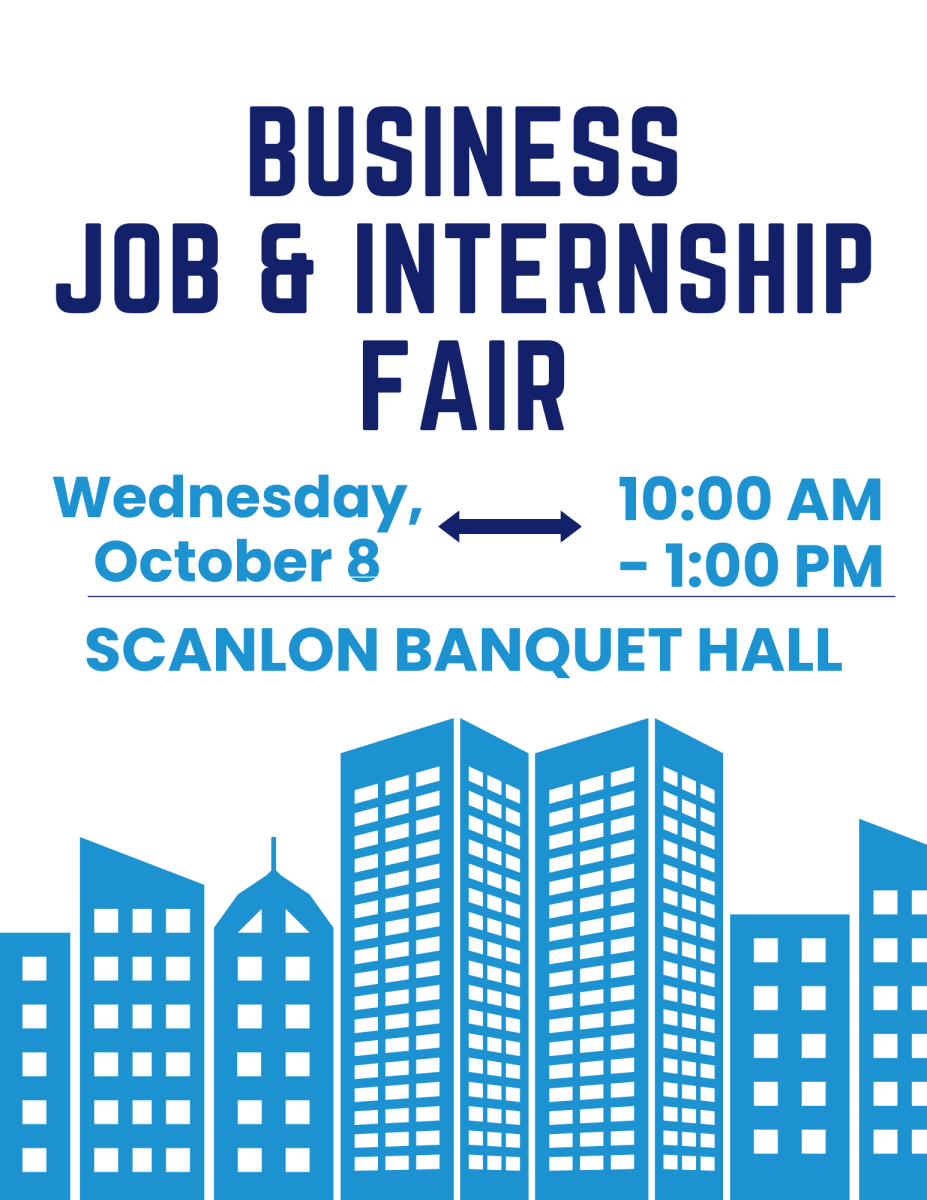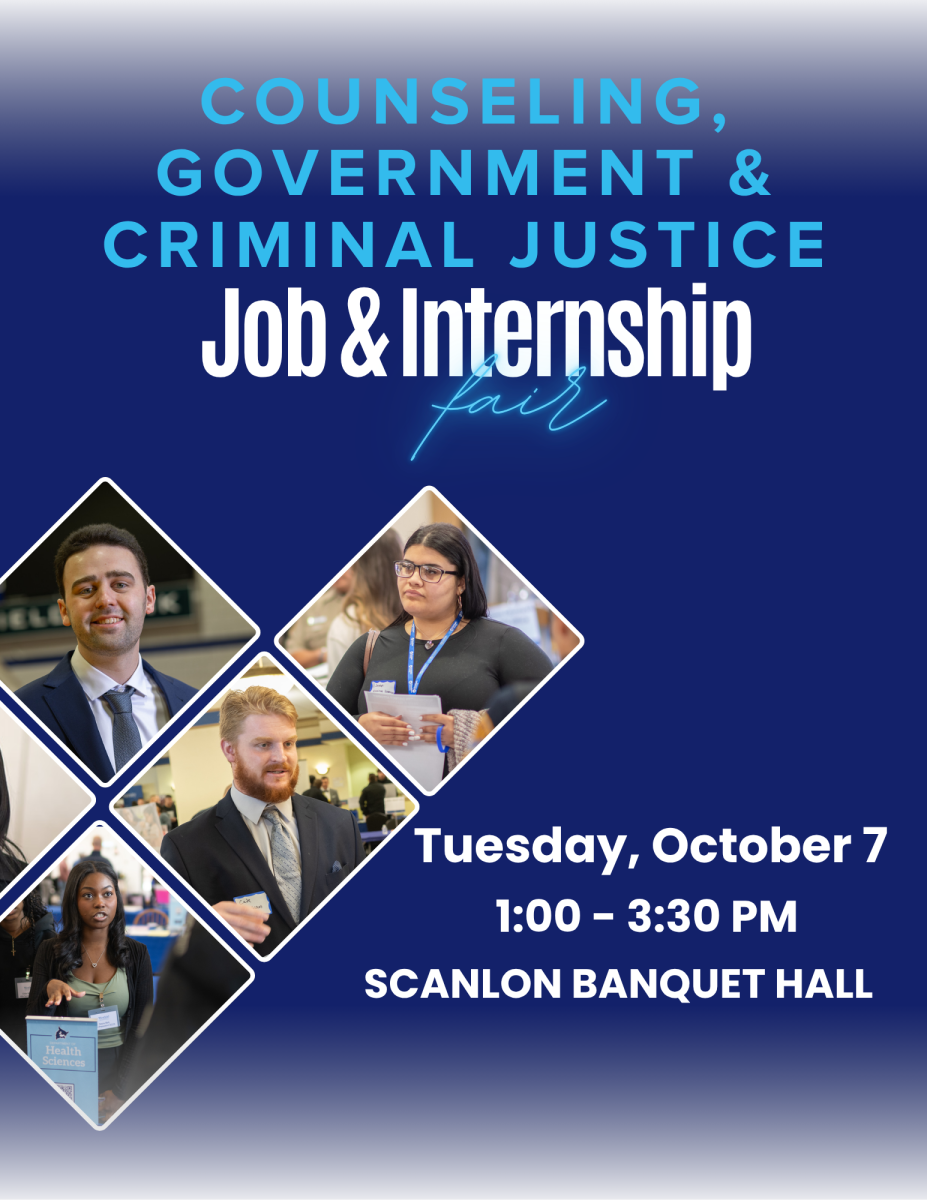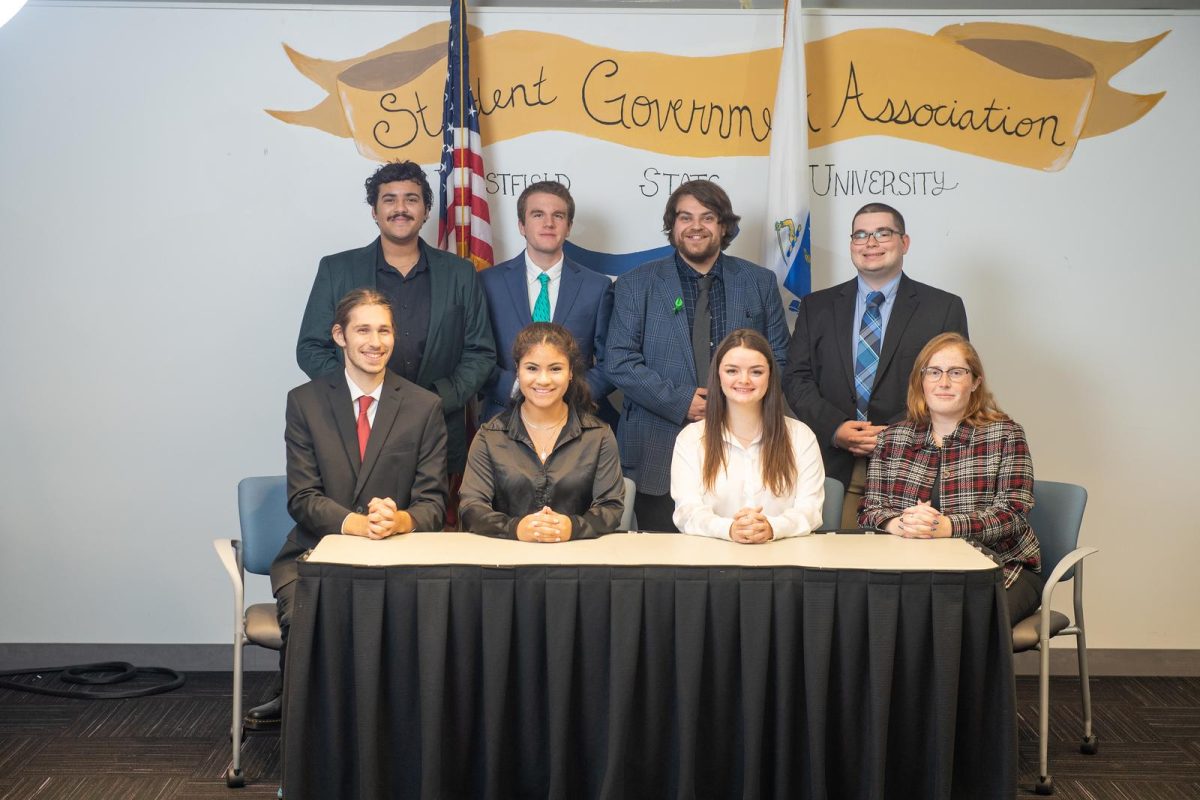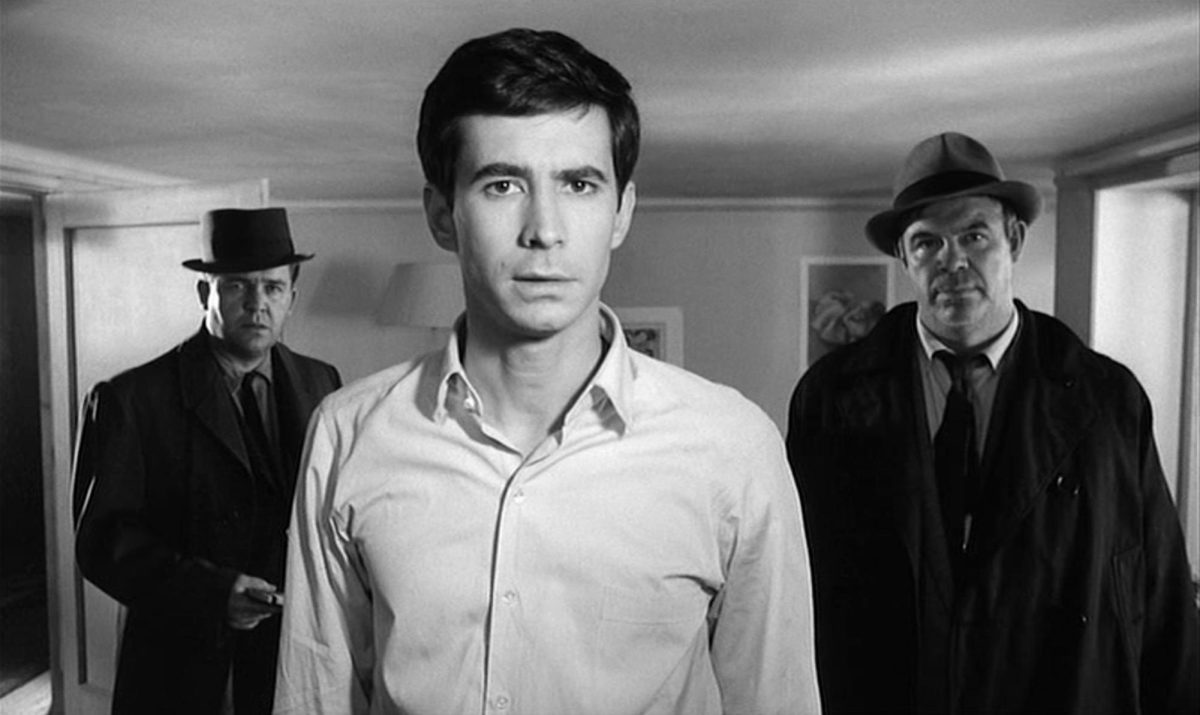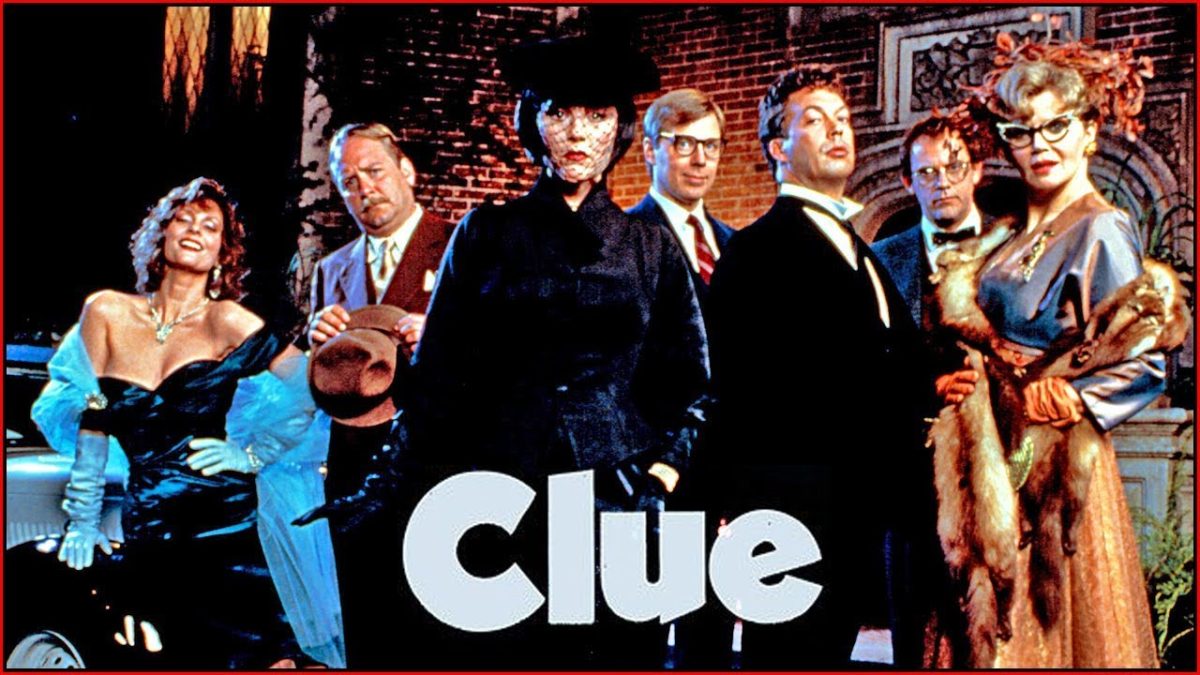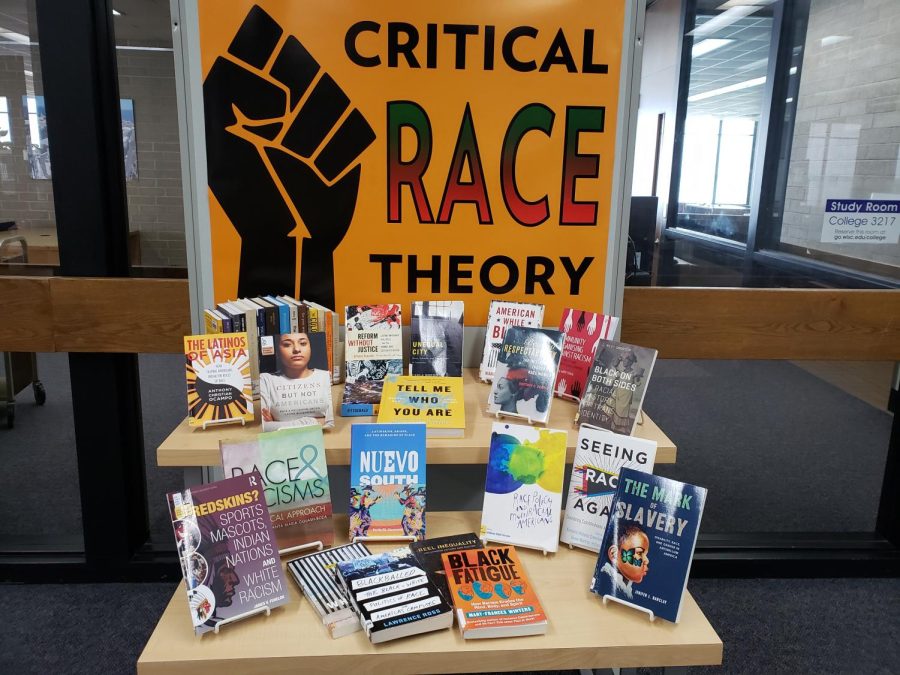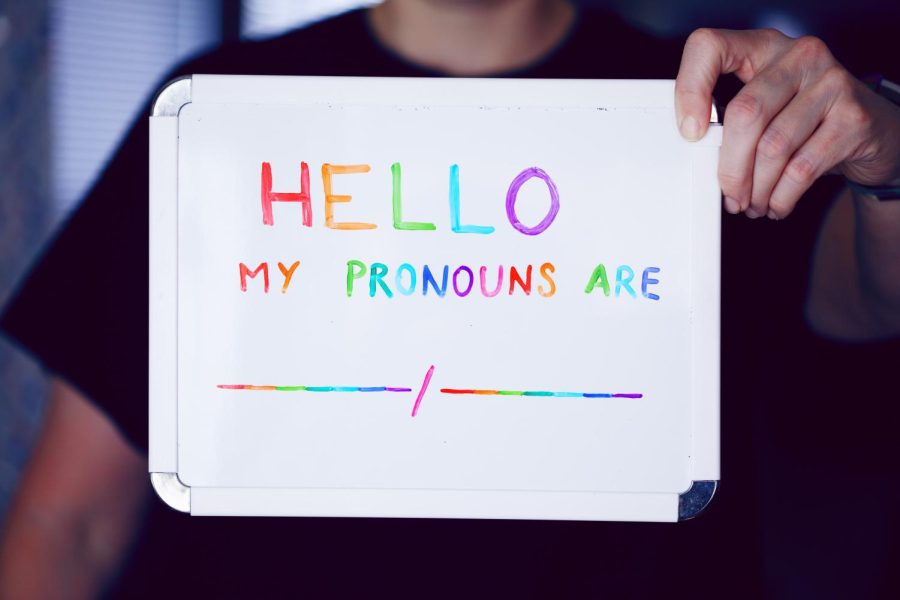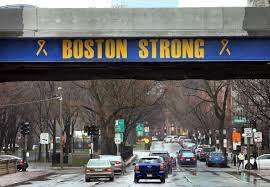WESTFIELD, MA- The global pandemic caused by Covid-19 has quite literally, shook the entire world. We lost things such as in-person school (at least, for a while) and gained things such as the video conferencing tool, Zoom.
Because of all this commotion, it would make sense that the job market would change. People, (like my own family members) lost their jobs due to cut-backs since work could be done quicker and possibly with less people, remotely. And, these were with people who were already currently in the working field.
Therefore, it raises the question: what’s it going to be like for college graduates trying to find a job? Will they have less, or possibly even more success than their parents before them?
Studies have shown that the latter may be the case. Having opportunities like virtual career fairs have been proven beneficial for the job search; dismissing the false statement that the job market has hit a low, as some may think.
“Much of the recruiting is taking place virtually, as are job fairs and even many internships. But the reliance on virtual platforms like Zoom and Microsoft Teams for interviews, job offers and eventually welcoming new hires aboard hasn’t dimmed enthusiasm among employers” an excerpt from the New York Times Article “A Year After a Jobs Bust, College Students Find a Boom” reads.
This does not mean that current college students aren’t concerned with job security. Sure, the unemployment rate has gone down from a whopping 14.8% in April 2020 to only 4.8 % (about a 10% decrease) in September of this year. Seeing the unemployment rate rise up so much, can scare (rightfully so) students about their job security.
“It’s pretty high (job security being a factor in a career choice)… so it definitely plays into it” current junior student Kait Carmichael says.
And for many college students, they are already employed while going to school; either part-time or full-time. This can affect students both positively and negatively.
Some professionals swear by it, like Daniel Douglas, who is the co-author of a 2019 Rutgers Education and Employment Research Center paper.
“The more you work during your first year of college, the more you earn after college,” says Douglas.
He goes on to later explain his statement:
“”if you’re working during college, you’re gaining important work skills that will be valued by future employers. You know about showing up on time, following directions given by a supervisor, and being generally diligent in your duties.”
Even if this statement is backed up by evidence, there still are some naysayers like Shannon Vasconcelos, director of college finance at Bright Horizons College Coach, who bring up great points like loss of financial aid.
“There is a very harsh assessment in the financial aid formula: (Student) earnings beyond that $7,000 allowance are assessed at a 50% assessment rate, so every dollar you earn beyond that $7,000, you lose 50 cents in financial aid eligibility,” Vasconcelos says.
Still, students continue to work during the school year in order to support/pay for their education and/or have a little ‘spending money’. But, these aren’t necessarily jobs they would picture themselves doing for a career.
“I work at a diner…cooking just isn’t my passion anymore” says journalism student Lindsey Genatassio.
Overall, the pandemic has shown that the job market is at a high for college students- graduates or not. The question then is, what will it look like next year or after the pandemic?
